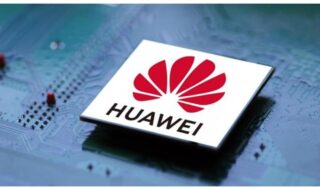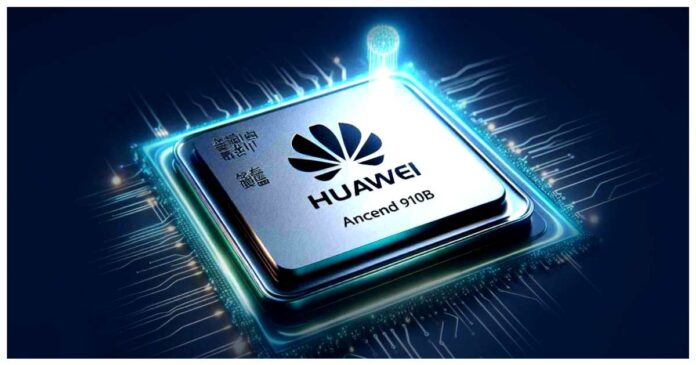The US and China have been embroiled in a fierce trade war as both superpowers strive for global economic domination. In recent years. AI infrastructure has dominated the economic forum.
Nvidia, a US chip designer, has dominated markets in the Middle East and Southeast Asia. However, a new competitor has emerged that threatens Nvidia’s monopoly.
Huawei Technologies is expanding its outreach by penetrating the Middle Eastern market of AI chips, currently ruled by Nvidia.
Huawei Reached Out to Potential Clients in the UAE, Saudi Arabia, and Thailand
Huawei has pitched its older-generation Ascend 910B AI chips to governments and enterprises in the United Arab Emirates (UAE), Saudi Arabia, and Thailand.
The Chinese company is offering small-scale offerings, with estimates of chips in the low thousands, suggesting a modest intent to initiate a foothold in the Middle East.
Nvidia’s AI chips are more advanced than Huawei’s Ascend generation offerings. Still, even limited adoption of the Chinese company’s chips could undermine Nvidia’s stronghold over the market in the Middle East.
Huawei is also offering remote access to CloudMatrix 384, which has been built with more advanced chips. However, the system isn’t export-ready yet due to supply shortages.
The penetration strategy is yet to bear fruit. The UAE has shown a lack of interest in Huawei’s chips. Prominent institutions like Mohamed bin Zayed University of Artificial Intelligence have remained indifferent.
Discussions with Saudi Arabia and Thailand are still on the table, but the latter’s stance remains uncertain. Nonetheless, there have been no official reports of contract acquisitions.

Huawei’s Expansion Seems Like a Strategic Test
Huawei’s strategy to penetrate the AI chip market in the Middle East revolves around the company’s desire to reduce dependence on China’s domestic market, and diversify its customer base.
There is also an evident motivation to oppose the dominance of American tech giants like NVIDIA. However, the lacklustre response from markets such as the UAE presents a unique hurdle.
In addition to providing advanced AI hardware, Huawei needs to assure customers of their reliability and sustainability amid geopolitical risks.
Huawei’s ambitions serve as a case study for China, exploring the superpower’s ability to compete in advanced technology industries under trade sanctions and geopolitical tensions.
Stay tuned to Brandsynario for further updates.







































